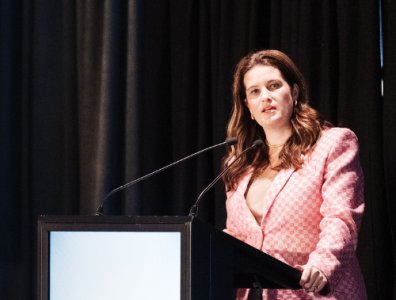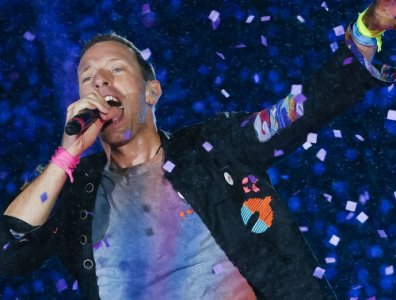Think first, act now
Boards should consider bringing in expert advisors before kicking off climate action projects or choosing what carbon outputs to measure, says Institute of Directors Chair and President Julia Hoare CMInstD.
Hoare’s governance roles include serving as chair of the Port of Tauranga, deputy chair of the a2 Milk Company, and as a director of Auckland International Airport Limited and Meridian Energy Ltd. She says there is a dearth of knowledge around climate impact, both at board and executive levels, which makes it difficult for directors to act decisively.
“In my experience, organisations start to address climate issues in a very piecemeal, non-integrated way, which is actually a problem because you end up with initiatives that don’t connect together,” she says.
The immediate solution is to “get some really good help” from climate advisors so boards can understand what they are trying to achieve through climate initiatives.
“Once you understand that, and what your purpose is going to be, then you can start to think about climate action strategically.”
As climate reporting becomes more common – even mandatory – understanding why measurements are in place and how those measurements relate to an organisation’s purpose and strategy will become key to directors being able to sign off financial statements, she says.
“You can actually use your auditors to hold you to account, really. But it’s incredibly important to understand how you are going to put it all together strategically.”
Advice can also be found by talking with other directors who are wrestling with climate governance, Hoare says. As a member of the IoD’s Chapter Zero New Zealand steering committee, she advocates engaging with Chapter Zero, an international initiative that promotes good climate governance.
Chapter Zero provides access tools and resources and, most importantly, a network of directors who are also focused on dealing with climate issues, “a collective of likeminded people that you can actually talk to,” she says.
Short-term learning, long-term solutions
Boards need to upskill themselves and begin to think long-term about the risks and opportunities of climate action, “how we are going to make a difference and actually achieve some real change,” Hoare says.
“The lens for decision making is very different. You've got to move away from the short term to a much longer term and, actually, in the short term that's going to cost money, particularly where we don't necessarily have technologies in place, or we've got large adaptations that we really need to consider. So actually, that's a really big.”
While much of the governance focus is on how to integrate climate concerns into reporting to shareholders and stakeholders, Hoare says a board needs to engage in “integrated thinking”.
“To me, integrated reporting is the output from integrated thinking and you can’t just ‘do your reporting’. That means including integrated thinking into everything from risk management to investment decisions to your supply chain.”
Hoare was speaking as part of a panel discussion, Now to Net Zero – what difference can directors make?, at the Climate Change and Business Conference Directors’ Breakfast hosted by Chapter Zero NZ and KPMG.
The panel included Simon Wilkins, head of KPMG IMPACT in New Zealand, Guy Beatson MInstD, general manager of the Governance Leadership Centre at the IoD, Abbie Reynolds, a professional director and nationally respected advocate for climate change response and sustainability in business, and Scott St John CFInstD, a director of ANZ Fonterra and Mercury Energy.



